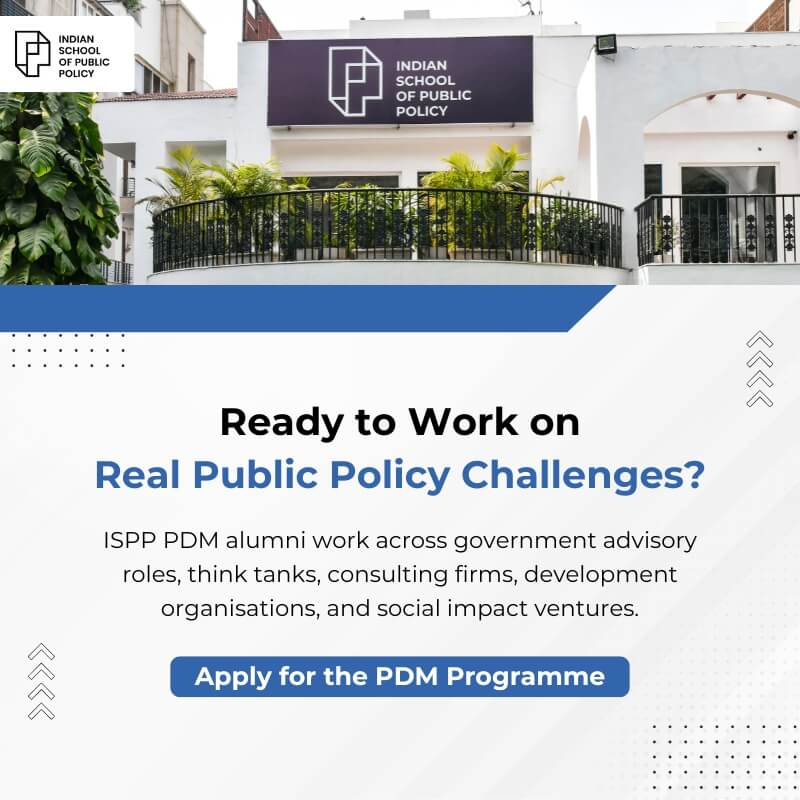Long ago, I came across one of the many sharp takes on India’s license permit raj history by the erudite economist and columnist Swaminathan Aiyar. He claimed that India got rid of the license raj in 1991, but the permit raj continues to haunt us. More than three decades since we did away with the… Continue reading The License-Permit Raj Strikes Again
Category: Governance
Explore ISPP’s governance and politics insights on accountability, democratic reforms, public institutions, and policies shaping India’s political landscape.
The License-Permit Raj Strikes Again
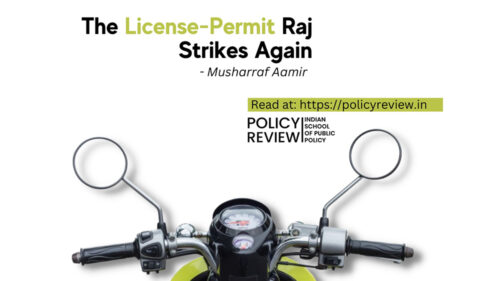
Getting Urban Economics Right to Make our Cities more Resilient
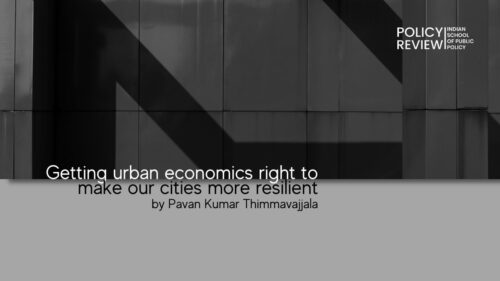
India’s mega-cities like Delhi-NCR, Hyderabad, Mumbai and Bengaluru are no strangers to occasional flooding following heavy rains. These often rake up never-ending debates on and off social media regarding the effectiveness of municipal administrations and the callousness of cash-rich corporations. While it is an annual affair, it merits consideration for those concerned about urban space… Continue reading Getting Urban Economics Right to Make our Cities more Resilient
A Future Policymaker’s Perspective on Ethics in Governance
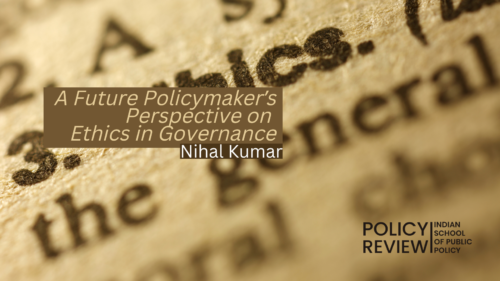
I have never cheated in an exam since I was nine. It is true. Not even an ‘accidental peek’. It was something of a rule I set down for myself after a scolding from my mother. It was such an uneasy feeling to know I had done something wrong. Then when I grew up a… Continue reading A Future Policymaker’s Perspective on Ethics in Governance
Relevance of Ethics for Governance, Policy Making and its Limitations
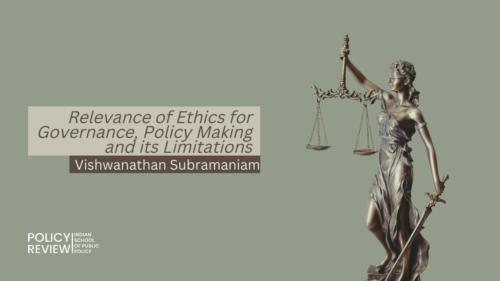
After graduating from law school, I worked with an advocate in the Delhi High Court on civil and criminal matters. Questions of my own morals and ethics first struck in a professional setting when we received a new allegation of money laundering against our client. I was tasked with conducting all the due diligence, analysing… Continue reading Relevance of Ethics for Governance, Policy Making and its Limitations
Water Crisis in India: Strategies to Save Water
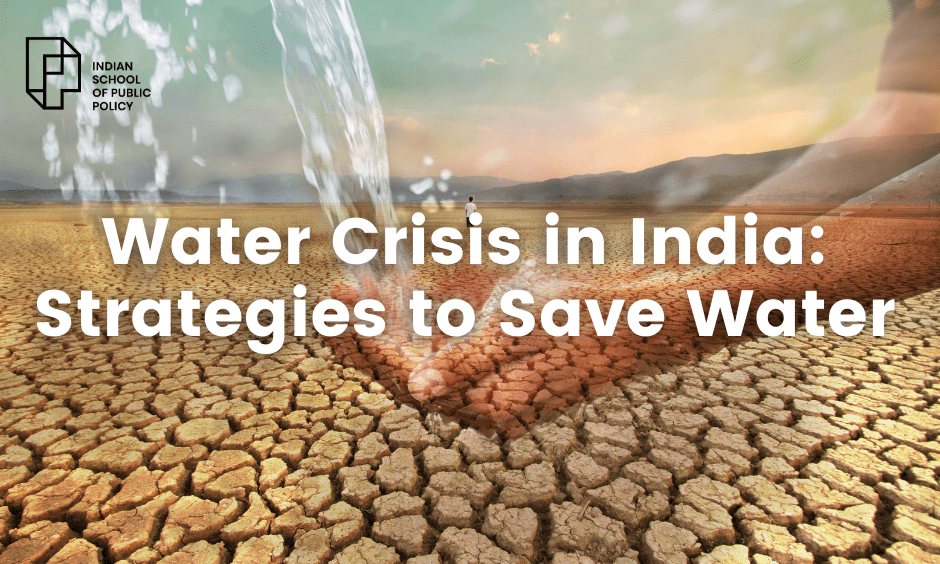
The past few years have witnessed an increase in the occurrence of natural disasters globally such as the devastating bushfire in 2020 in Australia that decimated the Koala bear population and the wildfire in 2021 in the Amazon rainforest that smothered a vast area of Brazil in smoke for several days at length. Back home in India, we’ve seen… Continue reading Water Crisis in India: Strategies to Save Water
Can India achieve net-zero carbon emission by 2070?
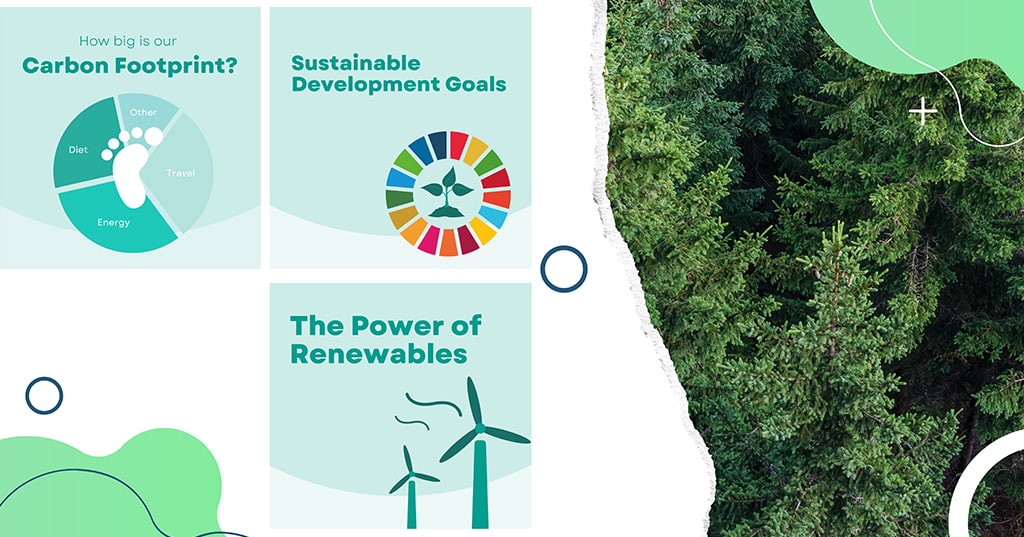
India is the world’s fourth-largest emitter of CO2, standing right after China, the US, and the EU. During the UN Climate Change Conference in Glasgow (COP26) in 2021, India pledged that it will achieve net-zero carbon emission by 2070. Is India poised to fulfill its promise? A meme went viral in March. It took a… Continue reading Can India achieve net-zero carbon emission by 2070?
In Conversation with Prerna Mukharya: Data and Public Policy
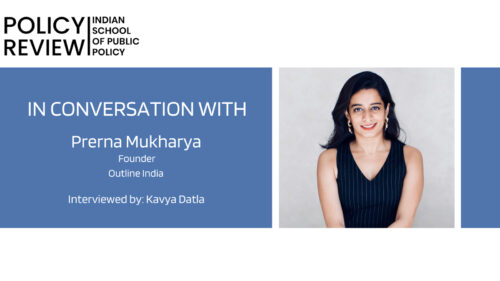
In this interview, Prerna talks about the importance and necessity of credible data in the policy making process. The interview is conducted by ISPP Scholar, and Executive Editor of the Policy Review, Kavya Datla.
In Conversation with Dr Sanjaya Baru: Elections 2022
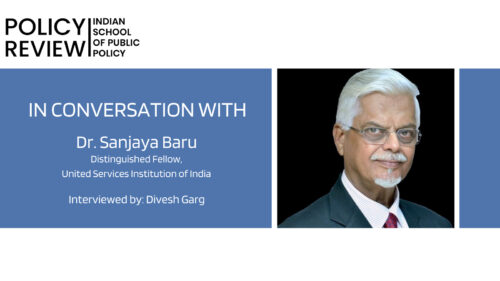
In this interview, Dr Baru talks about the upcoming 2022 state elections and the current Indian political landscape. The interview is conducted by Indian School of Public Policy scholar, Divesh Garg.
The Steel-Cage: Need to reform the UPSC Civil Services Examination

Each year in India, an average of 4 lakh candidates appear for the Civil Services Examination (CSE) conducted by the Union Public Service Commission (UPSC). The notification for CSE 2021 has already been released by the UPSC, and the approximate number of vacancies is 712, a reduction from 796 in 2020 and 896 in 2019.… Continue reading The Steel-Cage: Need to reform the UPSC Civil Services Examination
Conditional Cash Transfers: A Source of Women’s Time Poverty
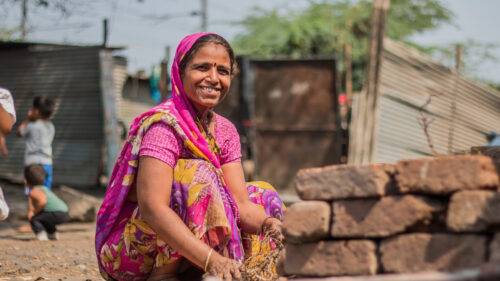
Abstract Conditional Cash Transfer programmes have been lauded as one of the most successful social protection schemes of recent times. However, the lack of a gender perspective has resulted in its proposed conditionalities to cause time-poverty amongst its participating women. Time poverty is understood as the lack of discretionary time available and is often observed… Continue reading Conditional Cash Transfers: A Source of Women’s Time Poverty

